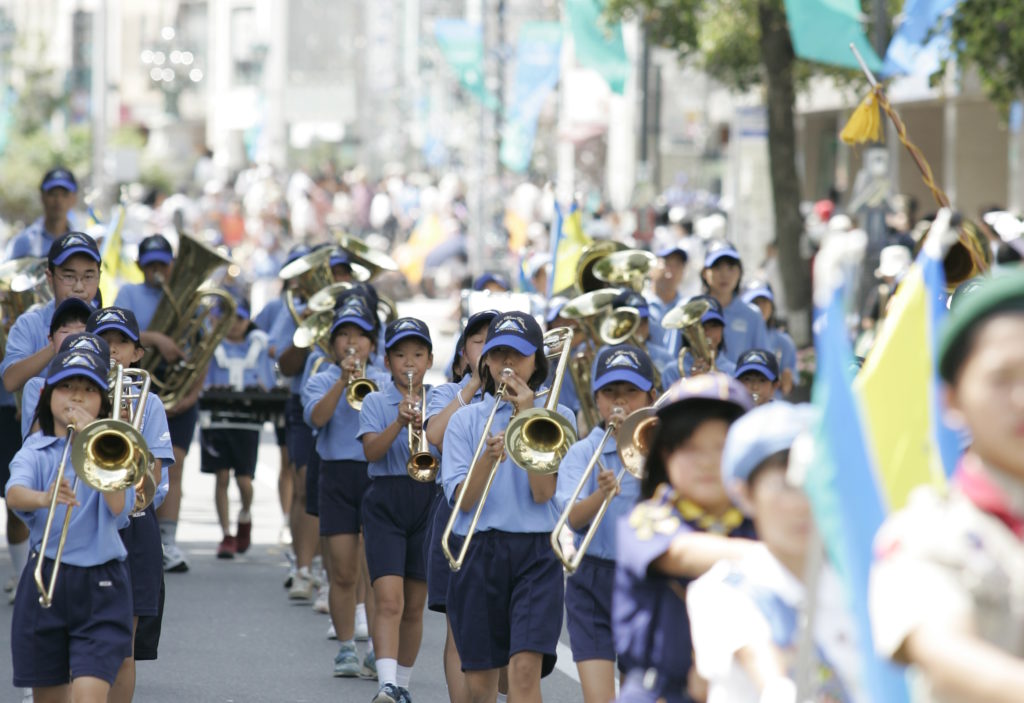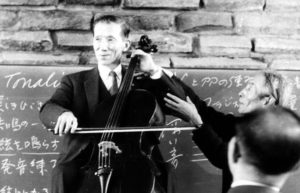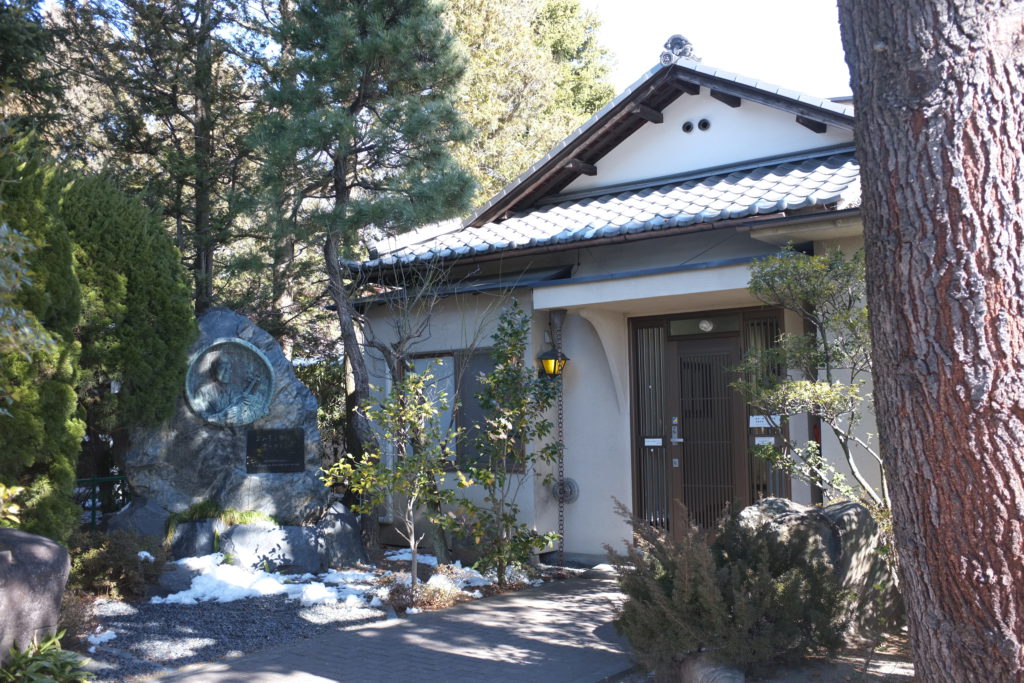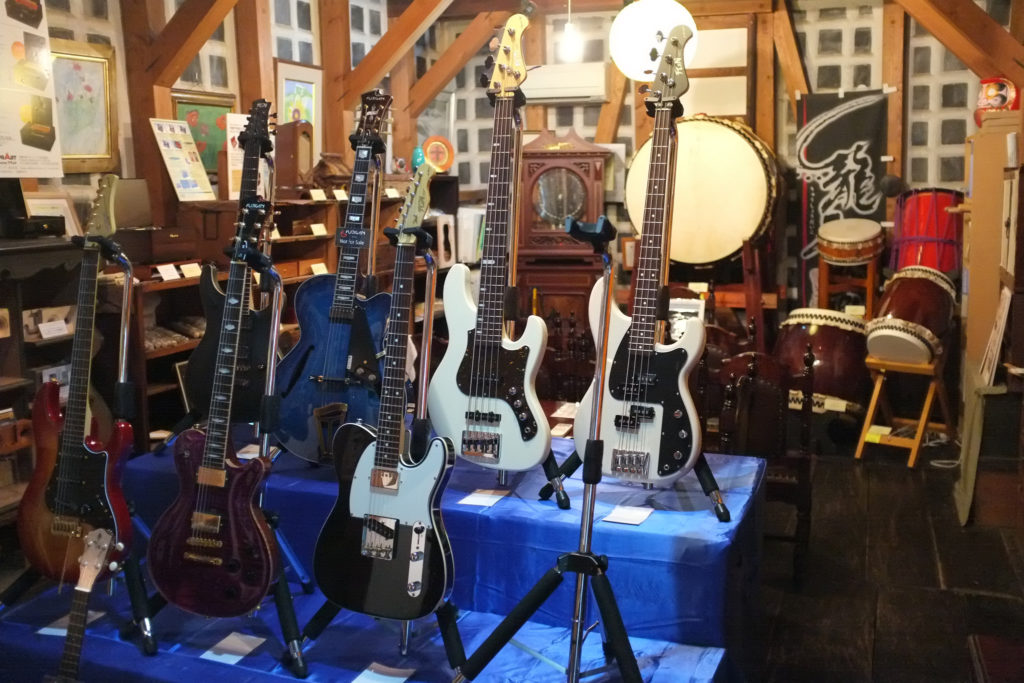Classical Music Legends and Music Culture
Seiji Ozawa and the Seiji Ozawa Matsumoto Festival
Seiji Ozawa is one of Japan’s top orchestra conductors. He studied in Europe and built his career mostly in America, working with the New York Philharmonic, the San Francisco Symphony, and for 29 years, the Boston Symphony Orchestra as a music director. He later served as the music director for the prestigious Vienna State Opera, or Wiener Staatsoper, in Austria.
In Japan, Ozawa conducts the world-renowned Saito Kinen Orchestra, formed in 1984 in memory of one of his respected mentors, Hideo Saito. Saito was a major player in bringing the world of western classical music to Japan and the orchestra which bears his name now holds its annual showcase at Matsumoto’s Seiji Ozawa Music Festival.

Seiji Ozawa launched his first festival Matsumoto in 1992, originally calling it the Saito Kinen Festival, again in Saito’s honor. Now known as the Seiji Ozawa Music Festival, this extremely popular, month-long event is held every year from mid-August to early September. Boasting powerful orchestra and opera performances with top musicians from around the world, this festival makes Matsumoto a premier destination for classical music lovers.

Shin’ichi Suzuki and the Suzuki Method
 Matsumoto is the birthplace of the Suzuki Method, a pedagogical philosophy most famously associated with, but not limited to, music education (especially the violin). It is named after its founder, Shin’ichi Suzuki, a violinist and educator, who opened the Talent Education Institute in Matsumoto in 1948 where the Suzuki Method was first used.
Matsumoto is the birthplace of the Suzuki Method, a pedagogical philosophy most famously associated with, but not limited to, music education (especially the violin). It is named after its founder, Shin’ichi Suzuki, a violinist and educator, who opened the Talent Education Institute in Matsumoto in 1948 where the Suzuki Method was first used.
While this approach has indeed produced many professional musicians, this is not necessarily the ultimate goal: Dr. Suzuki aimed to raise children into loving human beings and to develop their character through the study of music. One of his most famous quotes—“All children grow; it depends on how they are raised.”—demonstrates his philosophy.

The Suzuki Method gradually spread around the world after children from the Talent Education Research Institute began violin concert tours to U.S. in 1964 and thereafter. In Matsumoto, you can visit the Suzuki Shin’ichi Memorial Hall inside the small home where Dr. Suzuki lived and developed his method. Here, you can see interesting artifacts from his life, such as his original working desk and photos of and letters from Albert Einstein, whom Suzuki became friends with while studying in Europe! You can also visit the Talent Education Institute itself, where you can watch group lessons and student concerts (great if you’re considering it for your own children!).

For further reading, check out the websites of the Talent Education Research Institute or the Suzuki Association of the Americas.
Matsumoto as a Music Hub
The culture of music seems to have percolated into every nook and cranny of the city. Schools in Matsumoto are renowned for their excellent musical education programs, so residents are infused with an appreciation from a young age. Walking around the downtown area, you’ll find several music shops with sparkling saxophones, elegantly crafted violins, and other instruments peeking out at you from the windows. In fact, the high density of music shops compares to that of even a big city like Tokyo! It shouldn’t be surprising that Matsumoto has a much greater number of live concerts—and locals who actually attend them—compared to most other cities.

Aside from culture and education, Matsumoto is also home to one of Japan’s top musical instrument manufacturers, FujiGen, which specializes in making guitars. The availability of high quality wood and ideal climate conditions for wood working makes Matsumoto an excellent location to make wooden instruments. During Japan’s electric guitar boom in the 1960s, there were over fifty guitar manufacturers in Matsumoto alone, with FujiGen leading the pack. When the boom subsided, FujiGen was one of the only companies that survived.

You may not have heard of FujiGen itself, but FujiGen actually produced many of Fender’s electric guitars during the 1980s and 1990s, making the company one of the top guitar makers in the world at that time. Besides Fender, FujiGen has also made guitars for companies like Gretsch and Orville, and still works with Epiphone and Ibanez today. FujiGen now makes guitar parts, offers repair services, as well as makes high quality custom guitars and other instruments (including taiko drums and music boxes!), as well.
So, if you are a music enthusiast and planning to head to Matsumoto, add the Suzuki Memorial Hall to your itinerary or plan your trip around the Seiji Ozawa Music Festival. To hit up the local scene, find out about small concerts or live shows that will be playing while you’re in town. You can even take a tour of the FujiGen factor in Omachi next to Matsumoto: Tours are offered every month on the second and forth Friday (1 p.m. to 3 p.m., RSVP required, Tel: 0263-28-0393, Email: . Info available in Japanese online as well). Although Matsumoto might be steeped in long history of castle culture, you will find that music is flowing through its veins!